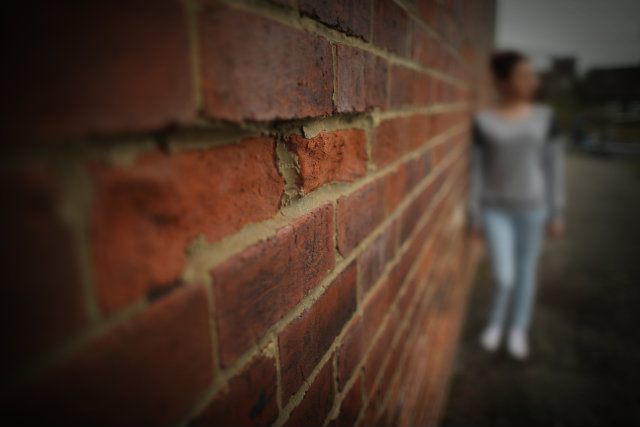South Yorkshire Police, the police force heavily criticised in the Rotherham abuse scandal, is still failing child sex exploitation victims. A post inspection review by Her Majesty’s Inspectorate of Constabulary (HMIC) into the force found “major improvements” still need to be made to its child protection procedures.
Last autumn the South Yorkshire Police force was heavily criticised in a report written by Professor Alexis Jay which precipitated a number of high-profile resignations, most notably that of South Yorkshire Police and Crime Commissioner, Shaun Wright. The Jay Report exposed how at least 1,400 Rotherham children as young as 11 were subjected to child sexual exploitation by gang members of predominantly Muslim Pakistani origin between 1997 and 2013.
Jay criticised police officers for failing to tackle men properly who were abusing young girls, and for “regarding many child victims with contempt.” Along with social workers and senior council staff, the police treated victims as “undesirables”, sweeping reports of abuse under the carpet for fear of being labelled racist.
In April HMIC inspectors returned to South Yorkshire to see if the police, about whom they had “serious concerns” last September, have improved. The review of last year’s inspection included an audit of 28 child protection cases directly related to areas identified as having needed improvement.
The inspectors found two were assessed as good, 19 requiring improvement and seven inadequate.
Sky News reports that they found the force still fails to recognise risks to some children, maintains poor recording practices which “limits the ability of staff to make good decisions about children”, and has made no improvements with regards to handling children in care homes.
The review found in some cases adolescent behaviour is still seen as a problem “rather than a potential symptom of wider safeguarding concerns”. It continued:
“For example, a 15-year-old girl was demonstrating signs of vulnerability due to sexual exploitation and drug taking. She was characterised as a ‘naughty child’ on police records and her behaviour was viewed in that context. There was insufficient consideration given to the pattern and meaning of her behaviour in the early stages of her involvement with the force, and she was not believed by officers when she made allegations about physical abuse by her stepfather. As a consequence, the allegations were not investigated and safeguarding action was not considered at an earlier stage.”
In other cases, the review reports:
“It appeared to be accepted without challenge that young girls aged 15 years and 16 years, who were in relationships with young men, were not victims of child sexual exploitation but engaging in consensual sexual activity. Officers failed to identify that young men were sexually abusing girls of a similar age, be it through plying them with alcohol or drugs, or by making threats. There was insufficient action taken against the offenders. A strategy meeting did not always take place, nor were inter-agency plans put in place to protect the girls.”
The review noted that the force now has a “public commitment to identifying, disrupting and prosecuting perpetrators involved in the sexual exploitation of children” but said attention to care homes needs to be improved:
“In one case examined, men aged between 18 years and 26 years were targeting four vulnerable girls aged between 14 years and 16 years. The girls lived in the same children’s home. There were numerous records concerning the girls on police systems, including allegations of sexual abuse and involvement in drink and drugs, but the force had failed to gather all the information together to assess correctly the significant risk posed by the offenders to these and other vulnerable girls. Inspectors were told that a multiagency problem profile had been commissioned and would be completed by September 2015.”
In delivering the new review HM Inspector of Constabulary Mike Cunningham said he is keen to stress that “the situation in South Yorkshire is not irretrievable.” He continued: “There are tangible signs that the force is improving its service to children in some elements of its service to children, so I am encouraged that the senior leadership of South Yorkshire Police demonstrated the determination to make improvements.”
South Yorkshire Police remain the subject of two further investigations centred on Rotherham. In one the Independent Police Complaints Commission is investigating how officers dealt with abuse cases, in the other the National Crime Agency has undertaken a fresh inquiry into child sexual exploitation in the town.

COMMENTS
Please let us know if you're having issues with commenting.